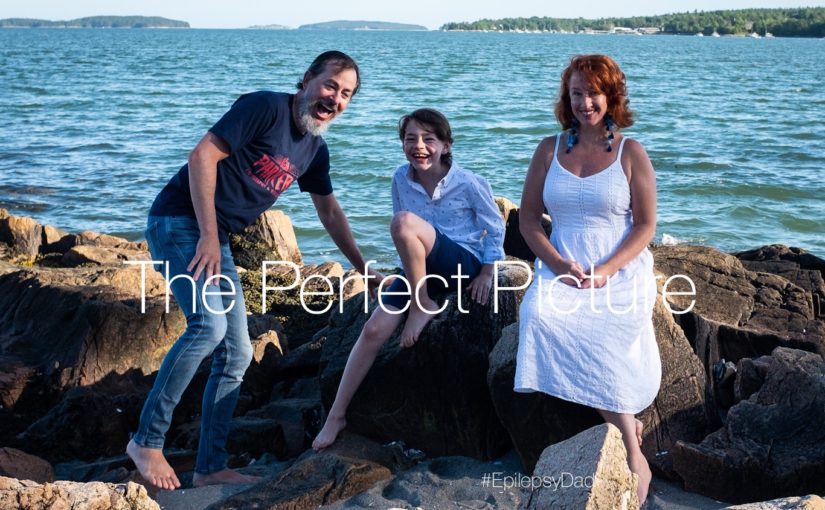Years ago, I was really into photography. I still take pictures, especially when we travel, but I used to be a student of the art. I would read and research the science of photography, explore the styles of other artists, and spent a lot of time working with the tools that turned pixels into photographs.
I experimented with different subjects and techniques. We lived in Colorado, so beautiful landscapes were right outside our door. I also took headshots and pictures of performances for my wife’s musical theater school. I had a few images published and got to photograph one concert with an official press pass. But a special treat would be when friends would ask me to take pictures of their families.
I loved capturing those images and still smile when I see a picture I created years ago handing on their wall. But it was stressful. I felt a lot of pressure to take a picture that they would love and not disappoint them. I wanted every image to be worthy of hanging on their wall, but so much needs to go right to create that perfect picture.
Some things I could control. After a lot of trial and error, I created a checklist to remember to charge batteries, format memory cards, check the camera settings, clean the lenses, and other technical items to get ready for the shoot. We’d pick a location ahead of time, and the right time of day to try and get the best light. And we’d talk about clothing to have a few options ready that would look good on camera.
There were things that were outside of my control. A change in the weather or an unforgiving wind. An irritable, teething toddler hopped up on ibuprofen. But if you can take care of the things that you can control, you can mitigate the uncontrollable things and still have really good odds for things to line up for that perfect shot.
When we were staying in Maine earlier this summer, we attempted to take our own family pictures. I went through the checklist I keep in my head to get my camera ready. We all got dressed in our “Summer Maine casual” attire that included the nicest of the Marvel T-shirts that I packed, since I only packed Marvel T-shirts. We primped and preened. And then we headed to the beach.
The lighting wasn’t quite right, but we found a few locations that would work. I took a few pictures, but it was clear that my son was having a hard time listening and staying focused. We took a few more pictures, but he seemed to be somewhere else. We tried to push through, but eventually we were all too frustrated to enjoy the process and it was showing up in the pictures, so we stopped.
Back in the house, my wife and I were reflecting on what happened, and why this seems to be a regular thing. She pointed out that we didn’t set ourselves up the right way. We should have known better than to ask him to do something that he wasn’t capable of doing because we didn’t set him up to be able to do it.
She was right. We know that if we need him to be present and capable of doing something that requires a lot of focus and attention, we need to prepare him. We need to give him his meds at the right time, eats at the right time, and that he gets enough sleep. We need to balance cognitively difficult task with “brain breaks”. We need to structure the day and our activities in order to succeed. Just like my camera checklist, we have one for our son that removes as much uncertainty as we can from a complex condition. We have to control what we can because there is so much about his condition that is out of our control.
Looking back, we didn’t do that. I ran through the checklist for the camera, but we neglected to do it for our son. We let our guard down and took for granted that we had a few good days, so we thought we could coast into success. But that’s not the way it works. And the result was, rather than a fun experience, that we all felt disappointed and frustrated.
We spoke with our son later that night and apologized for our part in that frustration. The last thing I wanted was for him to take all the blame and carry any shame from that experience because of how we might have reacted. He is getting older and he is capable of taking responsibility for his actions, and he said he was sorry, too, which was amazing. He understood that we all made mistakes and, most importantly, that, no matter what, he was wonderful, and supported and loved.
